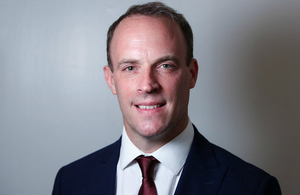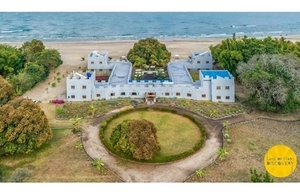To keep our Armed Forces and personnel safe, the UK and US governments are offering up to £1.5 million for new technologies to access, disable and/or destroy munitions and improvised explosive devices (IEDs) containing chemical and biological agents.
Following a successful first phase, the UK’s Defence and Security Accelerator (DASA) is launching a Phase 2 ‘Don’t Blow It’ competition to fund emerging innovations, at technology readiness level (TRL) 3 and above to develop full-scale prototypes.
The funding comes from the UK Ministry of Defence and the US Department of Defense, with the competition operating under an existing memorandum of understanding between the two nations.
Under the Chemical Weapons Convention, all member states are obligated to destroy any chemical weapons they own or possess, or that they abandoned on the territory of another member state. Whilst destruction technologies exist for this purpose, they are not appropriate for use in all circumstances.
Recent events have increased the focus on the need for a toolkit to enable rapid and effective disablement or irreversible destruction of smaller caches discovered in resource-limited environments.
Through this competition, DASA is seeking novel or innovative new concepts or adaptions of current technologies. The solutions will ultimately enable more rapid, effective and flexible destruction methods than are used for large stockpiles, and reduce logistical support requirements, whilst maximising ease of operation, transportability and ruggedness of the equipment.
This competition is focused on three main objectives:
- Access: gain access to munitions, IEDs and bulk containers without relying on the original design features, such as filling ports
- Disable: prevent munitions, IEDs and bulk agent being used as intended either temporarily or permanently
- Destroy: permanently and irreversibly destroy munitions, IEDs and bulk agents
In the first phase, proposals were focused on single component parts. Seven organisations were funded at a value of almost £700k.
We are now looking for a system solution either by collaboration with other partners or by integration into existing technologies. More details can be found in the competition document.
Proposals for this phase of the competition must be submitted to DASA by 1700 GMT (1200 EST) on 6 January 2020.


